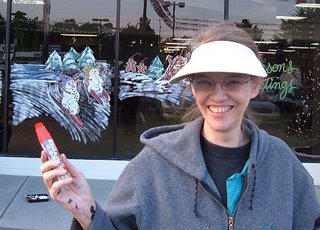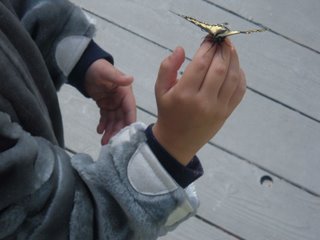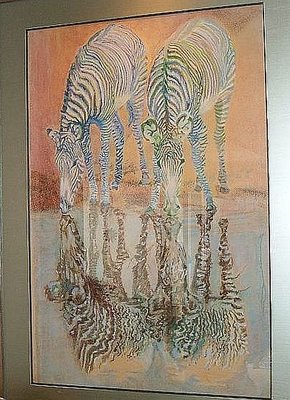Never discount the body's signals! Sleep when you're tired. Stop or rest when it hurts. Maintenance is always cheaper than repair. Health is your most important asset to happiness.
Don't sell yourself short just because you don't have good enough or possible opportunities sitting in front of you. Go out and actively explore. You're never going to starve in this culture as long as you can smile, talk and thumb a ride, although you can freeze. Talk to everyone you don't know and show them what's important to you, what motivates you. Strangers want to help you more than you realize. If you make it easy for them to help you by making yourself ready for what they can do for you, they will. Mostly the reason people do not help others is they don't want their gifts or time going unappreciated.
If you have some ideas about what you might want to do, like travel, kids, etc. make a time line of your whole life and generally think of how long things might take. It takes no more than six to ten years of doing just about anything and you can become expert at it, even if you only do it part time. Relationships and learning about them of course will take longer than that, but you don't have to repeat your mistakes more than twice.
Money only opens doors faster. For me, experience is far better than money, even though it takes more time. Get the experience directly by finding people who are already doing it and offer your apprenticeship or friendship. Or go the traditional route if you like schools or if it's required. Remember that the training to do something and the actual nuts and bolts of what you are going to end up doing when you are finished may be very different. Find out if the training leaves something essential out - and go get that first.
Whatever you find yourself doing - that's it! Or what could make you happy is definitely some of it, unless you're not choosing what you do. Look for the obvious and go from there to tailor one of the talents or interested you discover for your own preferences and needs.

The way it worked for me is eventually, whatever I got interested in and kept doing would turn from a hobby into becoming paid for it as time went by. It hasn't been an unhappy strategy.













